ARTICLE AD BOX

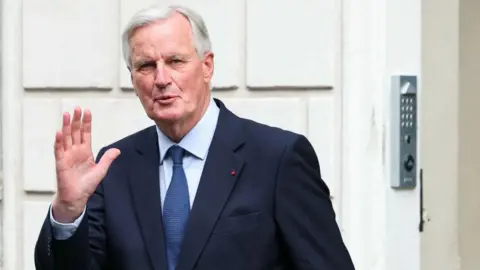 THOMAS SAMSON/AFP
THOMAS SAMSON/AFP
Michel Barnier is to appear on French TV for the first time since his appointment
Michel Barnier has met President Emmanuel Macron and begun the task of forming a government, a day after he took over as French prime minister.
He said discussions were going very well and were "full of energy", after talks with the leaders of the right-wing Republicans and the president's centrist Ensemble group.
President Macron chose Mr Barnier 60 days after parliamentary elections left France in political deadlock, with three powerful blocs and none able to form a majority in the National Assembly.
Mr Barnier's survival may depend on the votes of the far-right National Rally, although they have made clear they will not join his government. The left plans nationwide protests on Saturday.
The parties of the left are angry that their candidate for prime minister, Lucie Castets, was rejected by Mr Macron because she had no chance of surviving a vote of confidence in the National Assembly.
Jean-Luc Mélenchon, a veteran firebrand from the radical France Unbowed party, has called for marches across France and for the "most powerful mobilisation possible". Some unions and youth groups have said they will take part.
"We have a prime minister completely dependent on National Rally," said Ms Castets who complained that she, like millions of French voters, felt betrayed and that the president had in effect ended up governing with the far right.

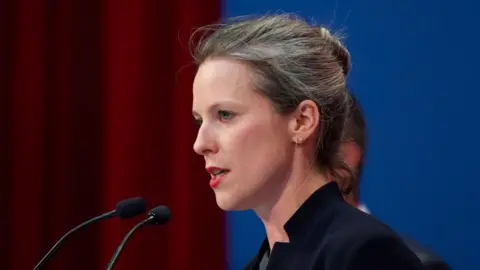 Guillaume SOUVANT/AFP
Guillaume SOUVANT/AFP
Lucie Castets, an unelected senior civil servant, has vowed Mr Barnier will face a vote of confidence
Hours after his meeting with President Macron, Mr Barnier, 73, was due to appear on the main news bulletin on private channel TF1.
French reports said that his interview formed part of the discussion with the president, along with forming a government and preparing the 2025 budget, which has to be put before parliament by 1 October.
Entering the prime minister's residence on Friday evening, Mr Barnier promised to address "the challenges, the anger, the suffering, the feeling of abandonment, of injustice running through many of our cities, suburbs and rural areas".
Ex-prime minister Gabriel Attal, whose centrist bloc came second in the election, said after talks with Mr Barnier that Ensemble was prepared to join a broad front with the republican right and republican left, with "no desire to block or offer unconditional support".
Mr Barnier himself comes from the Republicans, and party leader Laurent Wauquiez said his decision depended on the prime minister's plans: "For the moment, nothing has been decided."
Some on the left said it was their own fault they ended up with Mr Barnier as prime minister.
Socialist Paris Mayor Anne Hidalgo pointed out that the president had considered former Socialist prime minister, Bernard Cazeneuve, for the job but that he had been turned down by his own party.
Another Socialist mayor, Karim Bouamrane, blamed intransigence from other parts of the left alliance: "The path they chose was 100% or nothing - and here we are with nothing."
National Rally leaders Marine Le Pen and Jordan Bardella have already stressed they will not join the Barnier government, but will wait and see what policies he brings to parliament before they decide on a vote of confidence.
The left are threatening a vote of confidence but, without the backing of the far right, will not be able to bring Mr Barnier down.
"He's a man who has never gone too far when he's spoken about National Rally; he's never cast us out - he's a man for discussion," said Marine Le Pen, indicating they could allow him to continue in office.
Without her party's backing, Mr Barnier would not be able to muster the 289 votes in the 577-seat Assembly, simply by relying on the support of the centrists and the Republicans.

 4 months ago
21
4 months ago
21
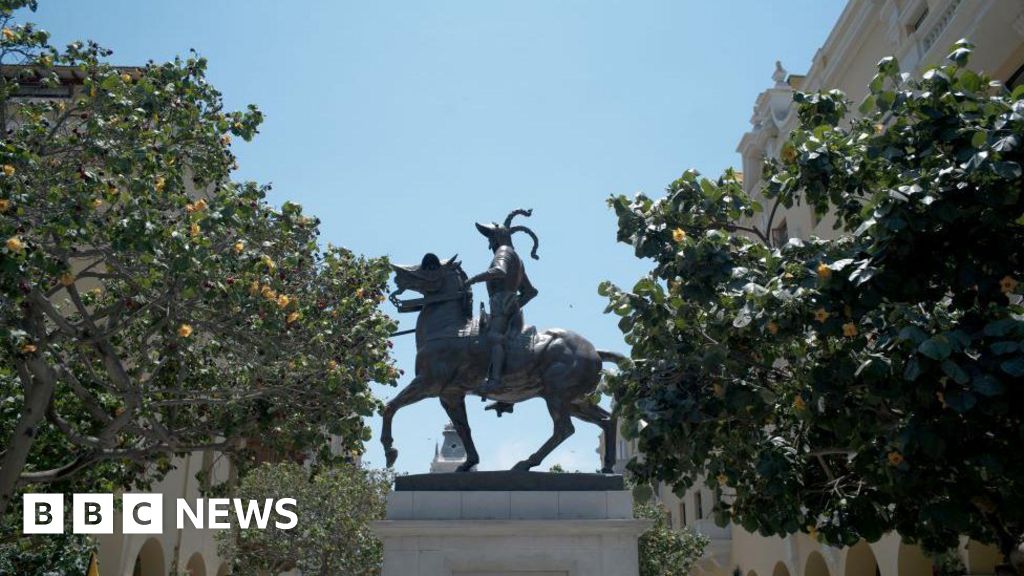
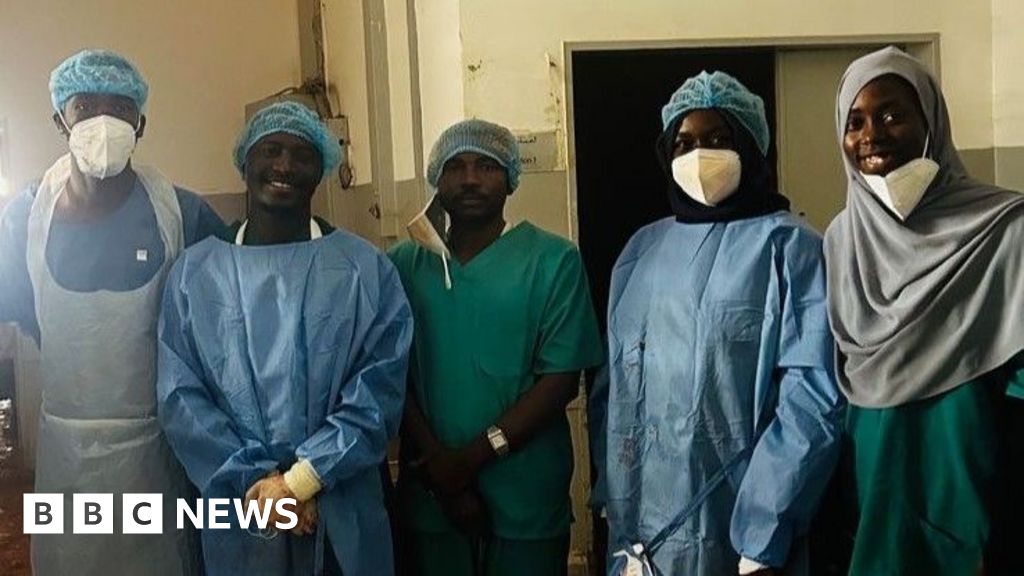
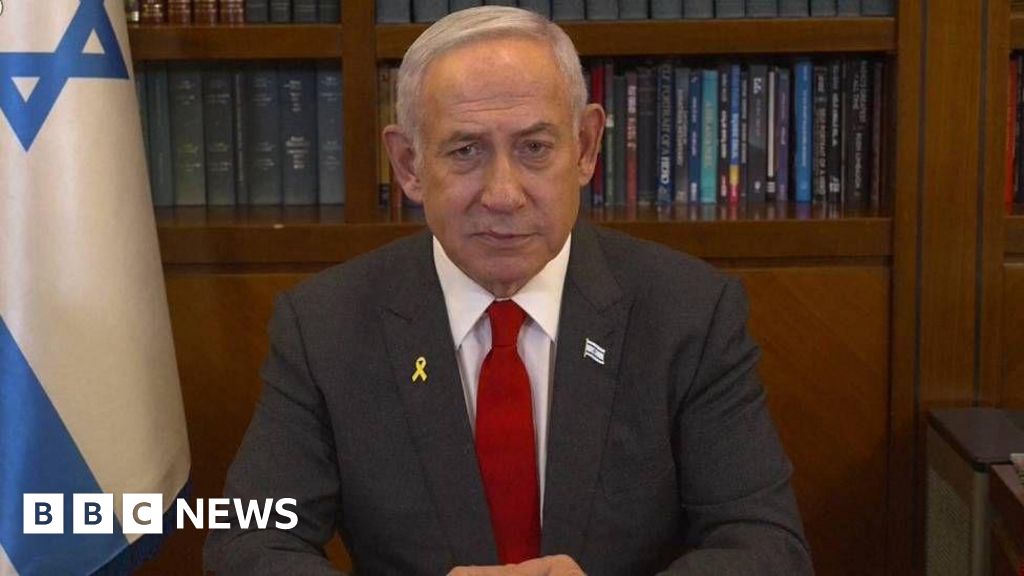





 English (US) ·
English (US) ·